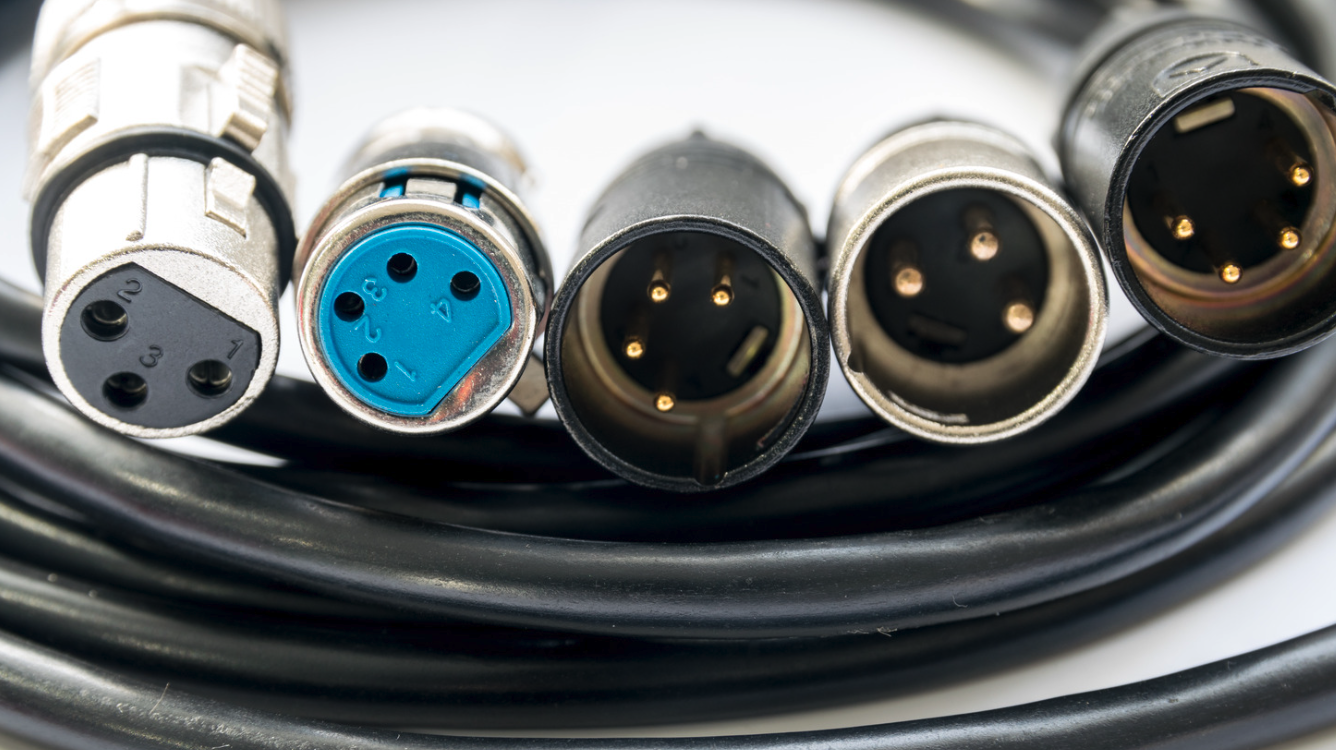The Complete Guide on Electrical Connectors
by Quotebeam Team
Apr 3, 2024

From transmitting data to supplying power, electrical connectors come in a wide range of types and designs to meet a wide range of needs. In this guide, we'll explore everything you need to know about electrical connectors, including their types, applications, and usage.
What's an Electrical Connector?
Electrical connectors are devices used to join electrical circuits together. They provide a secure and reliable connection between two or more electrical conductors, allowing the transfer of power, signals, or data. Without electrical connectors, modern technology and infrastructure would not be possible, as they enable the interconnection of various electronic devices, systems, and equipment.
Electrical Connector Types
Electrical connectors are essential for modern technology, enabling seamless communication and power transmission. From USB connectors in consumer electronics to specialized fiber optic and RF connectors, each type serves a unique purpose. In this section, we'll explore common connectors and their applications in various industries.
Common Electrical Connectors:
Common electrical connectors include familiar types such as USB connectors, HDMI connectors, and audio jacks. These connectors are widely used in consumer electronics, computers, and audio/video equipment to facilitate connections between devices. USB connectors, for example, are ubiquitous in modern technology, allowing the transfer of data and power between computers, smartphones, printers, and other peripherals.
Fiber Optic Connectors:
Fiber optic connectors are used to terminate and connect optical fibers in telecommunications, networking, and data transmission applications. They enable high-speed data transfer over long distances with minimal signal loss. Fiber optic connectors come in various types, including SC, LC, and ST connectors, each designed for specific applications and installation requirements.
Automotive Connectors:
Automotive connectors are designed to withstand harsh environments and provide reliable connections in automotive electrical systems. They are used for various applications, including engine control, lighting, sensors, and infotainment systems. Automotive connectors must be durable, vibration-resistant, and resistant to moisture and temperature fluctuations to ensure reliable operation in challenging conditions.
RF Connectors:
RF connectors are used to connect radio frequency signals in communication systems, wireless networks, and RF testing equipment. They ensure impedance matching and signal integrity in RF transmission lines. RF connectors come in various types, including SMA, BNC, and N-type connectors, each suitable for different frequency ranges and applications.
Power Connectors:
Power connectors, such as AC and DC connectors, are used to transmit electrical power between devices and equipment. They come in various designs and configurations to handle different voltage and current levels. Power connectors are critical components in power distribution systems, renewable energy systems, industrial machinery, and consumer electronics.
Circular Connectors:
Circular connectors feature a cylindrical design and are commonly used in industrial and military applications. They provide robust and reliable connections in harsh environments, including aerospace, marine, and industrial automation. Circular connectors are available in various sizes, configurations, and materials to meet the specific requirements of different applications.
How to Use Electrical Connectors?
Using electrical connectors involves several steps, including selecting the appropriate connector for the application, preparing the conductors, inserting them into the connector, and securing the connection. Proper installation and maintenance are essential to ensure optimal performance and reliability. When using electrical connectors, it's important to follow manufacturer recommendations and industry standards to ensure safety and compatibility.
Electrical connectors are essential components in modern technology, enabling the transmission of power, signals, and data in various industries. Understanding the different types of electrical connectors and how to use them is crucial for ensuring efficient and reliable connections in your applications. By choosing the right connector for the job and following proper installation practices, you can optimize the performance and longevity of your electrical systems and equipment.
